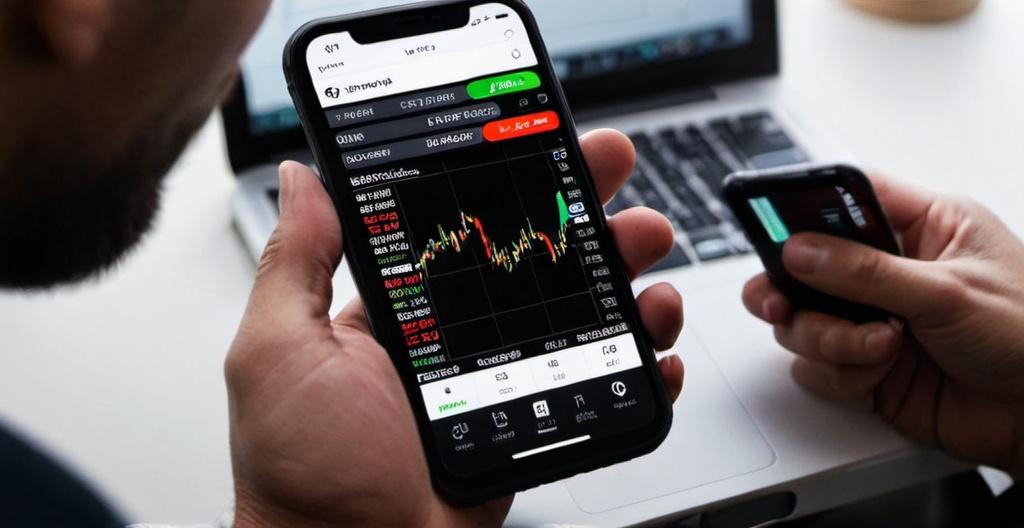A forex broker is the intermediary that gives traders access to the foreign exchange (FX) market. They offer platforms to buy and sell currencies, provide leverage, and handle order execution. Whether you’re trading EUR/USD, GBP/JPY, or exotic pairs, the broker is the gateway—and that makes your choice of broker one of the most important decisions in trading.
Forex brokers come in different types, with varying levels of transparency, execution quality, fees, and regulation. Some cater to beginners with simple interfaces and educational tools. Others are designed for advanced traders needing raw spreads, fast execution, and access to complex order types.
To compare trusted forex brokers by features, regulations, and user reviews, visit BrokerListings.com, a directory that simplifies the broker research process across global markets.

How Forex Brokers Work
At a basic level, forex brokers make money in one of two ways:
- Spread markup – They add a small markup to the bid/ask spread, so the price you get is slightly less favorable than the market rate.
- Commission – Some brokers offer raw spreads and charge a flat fee per trade.
Beyond that, some brokers offer added services: news feeds, trade signals, research tools, and copy trading platforms. Others focus solely on execution and keep costs minimal.
Types of Forex Brokers
Understanding how a broker operates can help you avoid unnecessary risk:
- Market Makers: These brokers often take the other side of your trade. While this can mean fast fills and stable pricing, it also creates a conflict of interest—they profit when you lose.
- ECN/STP Brokers: These send your orders directly to the interbank market or liquidity providers. Execution is faster, and there’s less manipulation risk, but you’ll often pay a commission.
What to Look For in a Forex Broker
- Regulation: Only trade with brokers regulated by a reputable financial authority (FCA, ASIC, CySEC, etc.)
- Trading Platform: Most offer MetaTrader 4/5 or proprietary platforms. Check for reliability, tools, and ease of use.
- Execution Speed: Slippage can make or break short-term trades.
- Customer Support: Especially important when you need fast help with withdrawals or trade disputes.
- Deposit/Withdrawal Methods: Transparent and timely payment processing is a must.
Red Flags to Avoid
- Promises of guaranteed profits or “risk-free trading”
- Unregulated brokers based in obscure jurisdictions
- Withdrawal delays or hidden fees
- Aggressive upselling of leverage or signal services
Conclusion: The Broker Is Your Infrastructure
Think of your broker as the trading equivalent of your internet provider. If it’s slow, unstable, or working against you, your results will suffer—no matter how good your strategy is. Choosing a reliable, regulated forex broker isn’t about features or fancy dashboards. It’s about trust, transparency, and speed.